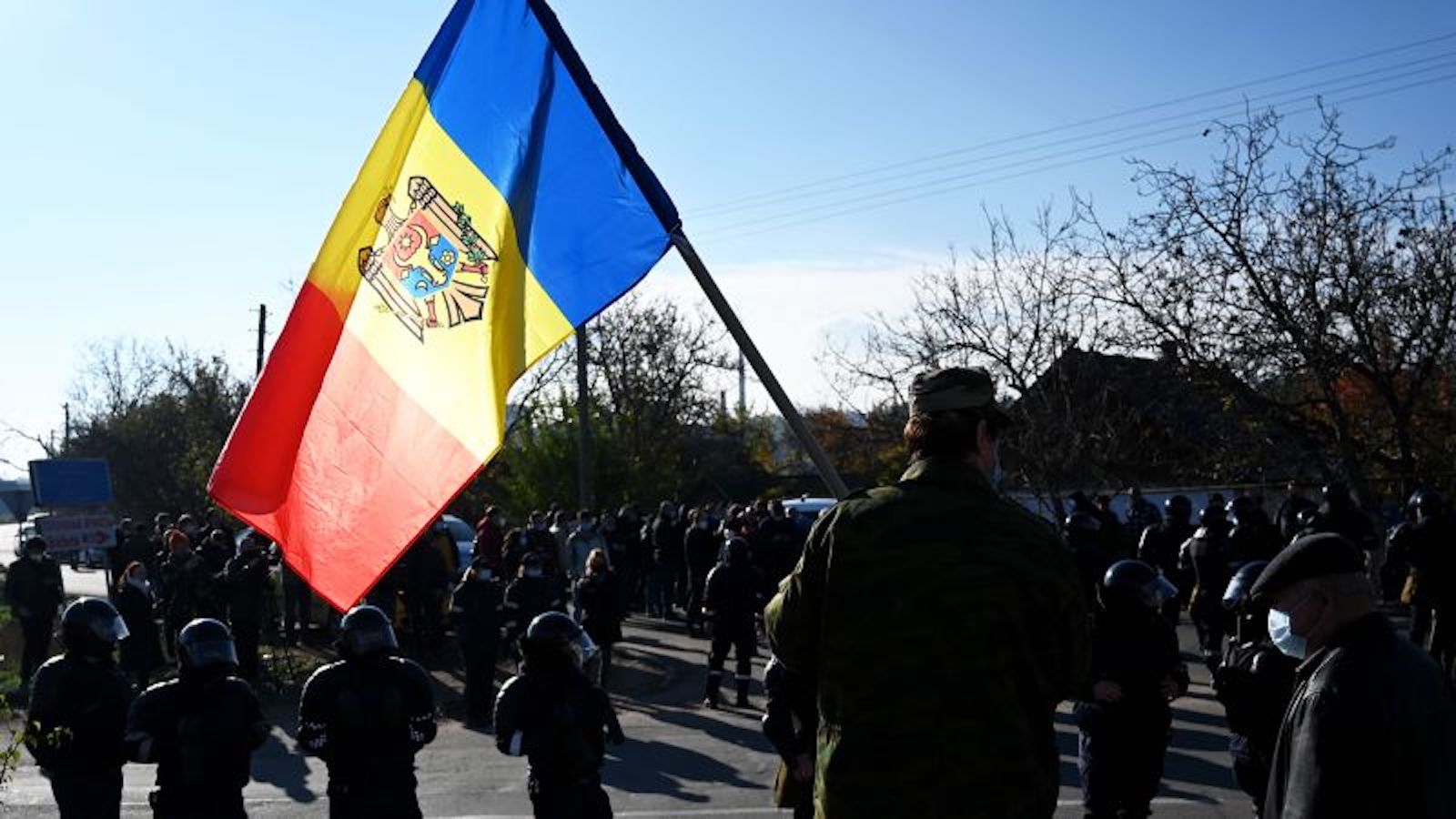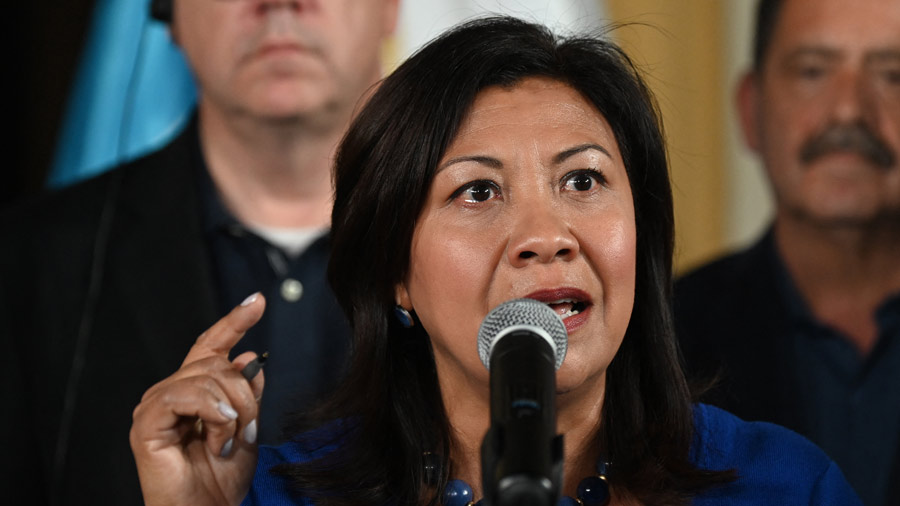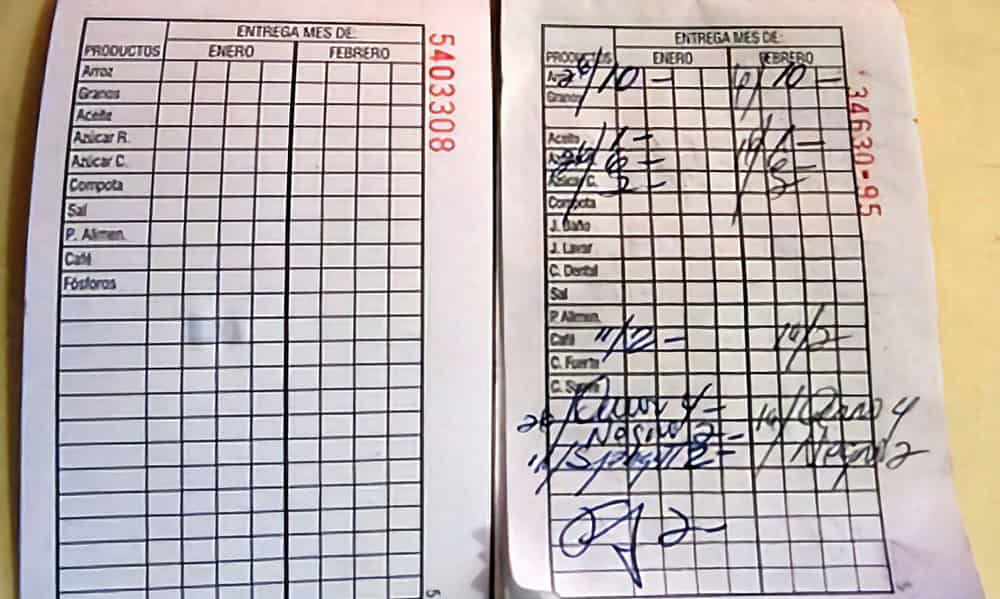(CNN) — A secret plan drawn up by Russia’s security service, the FSB, lays out detailed options to destabilize Moldova, including supporting pro-Russian groups, using the Orthodox Church and threatening to cut off natural gas supplies.
The document appears to have been drawn up to counter Moldova’s westward tilt, which includes closer ties with NATO and a bid to join the European Union. He repeatedly mentions the importance of preventing Moldova from joining NATO.
The project was originally acquired and announced by a consortium of media organizations including VSquare and Frontstory, RISE Moldova, Expressen in Sweden, Dossier Center for Investigative Journalism, Yahoo News and Delfi.
CNN has seen the full document, which appears to have been written by the FSB’s Directorate for Cross-Border Cooperation in 2021. Its title is “Strategic Objectives of the Russian Federation in the Republic of Moldova”.
The document sets out a 10-year strategy to bring Moldova, a former Soviet republic located between Ukraine and Romania, into Russia’s sphere of influence.
The plan includes making Moldova dependent on Russian gas imports and stoking social unrest, as well as thwarting Moldova’s efforts to gain influence in the pro-Russian breakaway region of Transnistria, where some 1,500 Russian soldiers are stationed.
The five-page document is divided into several topics with short, medium and long-term goals. Immediate objectives include “supporting Moldovan political forces that favor constructive relations with the Russian Federation” and “neutralizing the Republic of Moldova’s initiatives aimed at eliminating the Russian military presence in Transnistria.”
Medium-term goals include “opposition to Romania’s expansionist policy in the Republic of Moldova” and “opposition to cooperation between the Republic of Moldova and NATO”.
The FSB document sets long-term goals that include “creating stable pro-Russian influence groups among Moldovan political and economic elites” and “creating a negative attitude toward NATO.”
Asked about the document on Thursday, Kremlin spokesman Dmitry Peskov said: “We don’t know anything about the existence of such a plan. I don’t rule out that it’s another one. Fake. Russia is always open to building mutually beneficial relations with good neighbours, including Moldova.
Peskov added: “We deeply regret that the current leadership of Moldova is enjoying a completely unjustified and baseless prejudice against Moscow.”
Russia-Moldova relations
Russia has accused Ukraine of planning to invade Transnistria, which borders Ukraine’s southwest. The Russian Defense Ministry said last month that Ukrainians were stockpiling weapons in several border villages. Moldova and Ukraine have rejected these demands.
Last month, Russian President Vladimir Putin rescinded a 2012 decree upholding Moldova’s sovereignty, saying the move “guarantees Russia’s national interests in light of profound changes in international relations.”
In recent weeks, Moldovan authorities have arrested several suspected pro-Russian operatives, as well as a suspected member of the Wagner private military company, who tried to enter the country.
Several protests were held by the pro-Russian party in the capital Chisinau.
Ukraine and the United States have warned of Russian efforts to destabilize the Moldovan government. Last Friday, the White House said, “Russian actors with existing ties to Russian intelligence are seeking to organize and use protests in Moldova as a basis to foment a fabricated rebellion against the Moldovan government.”
Western intelligence officials say the Russian strategy is not surprising, but may have been accelerated by the Moldovan government stepping up efforts to cooperate more closely with the United States and European countries.
Moldova’s current president, Mia Sandu, will replace Igor Dodan, who is close to the Kremlin, in late 2020. The pro-Western PAS won the parliamentary elections the following year.
The pro-Russian Shore party has organized weekly rallies in the capital Chisinau this year, drawing several thousand people to protests against high energy prices. The party has arranged transport for the participants.
The party is led by Ilan Shor, a Russian-linked businessman accused of stealing billions of dollars from Moldovan banks in 2014. He was later accused of fraud, but denied any wrongdoing.
The U.S. Treasury Department sanctioned Shor, his wife and the party in October 2022, saying that “Shor worked with Russian individuals to form a political coalition to control the Moldovan parliament and then support various laws in the interest of the Russian Federation.”
Shor is currently believed to be in Israel.
Moldova and the West
The United States has pledged budgetary support to the Moldovan government to help it cope with high energy prices. Gas prices rose last year as a result of the conflict in Ukraine.
British Foreign Secretary James was wisely in Chisinau on Thursday. He said: “Few communities understand the underhand tactics of Russian malign operations better than Moldova and Georgia,” and “the UK will not stand idly by as Moscow shamelessly undermines its democracy, sovereignty and territorial integrity.”
Wisely announced more financial aid to Moldova to cope with high energy prices.
Marina Tauber, one of Shor’s leaders, told Swedish CNN affiliate Expressen that the party demanded that the government cover people’s energy bills during the winter months. He denied that Russia was helping to organize or finance the protests.
Mattias Carlsson, an Expressen reporter based in Chisinau, told CNN that a recent protest organized by Shore on Friday last week led to some arrests. Among the media present at the event was a reporter from Russian state media Sputnik.
Russian officials have often emphasized the importance of the Moscow-friendly Moldovan government and the Transnistria region.
After the Russian invasion of Ukraine in February last year, the commander of Russia’s Central Military Region, Major General Rustam Minnekaev, said one of the goals of the so-called “special military operation” was to establish a corridor from the south. Ukraine to the Transnistria region.
— The association that first reported the document included Süddeutsche Zeitung, Westdeutscher Rundfunk (WDR), Norddeutscher Rundfunk (NDR); FrontStory and Kyiv Independent.





